Ensure your baby’s healthy development with hearing checks and early intervention.
Why are Baby Hearing Checks Important?
Hearing is essential to your child’s overall development, influencing their language acquisition, social interactions, and cognitive growth. Early detection of any hearing issues allows for prompt intervention, which is crucial for optimizing your child’s development and ensuring they have the best possible quality of life.
When Should Your Baby’s Hearing be Checked?
Hearing tests should ideally start shortly after birth and continue throughout your child’s developmental years. Key moments for these checks include:
Newborn Hearing Screening: Typically performed within the first few days of life while still in the hospital. This quick, simple, and painless test checks your baby’s initial response to sound.
Routine Check-ups: Your child’s hearing should be regularly evaluated during routine health check-ups. Dr. Prashanth Gowda or your health visitor will monitor your baby’s response to different sounds as part of their overall development assessments.
School-age Screenings: Once your child begins school, regular hearing checks should be conducted to detect any issues early, preventing them from interfering with learning.
What Happens During a Newborn Hearing Test?
The newborn hearing test, known as the otoacoustic emissions (OAE) test, involves placing a tiny earpiece in your baby’s ear that plays soft sounds and checks the inner ear’s response. This test is quick, non-invasive, and essential for identifying any early hearing concerns.
What Should I Do If My Baby Fails the Hearing Test?
If your baby does not pass the initial hearing test, there’s no need to panic. Your baby will be referred for a more comprehensive assessment. A failed screening doesn’t necessarily indicate a hearing problem, but it’s important to follow up with further testing to ensure your baby’s hearing is developing properly.
Can Hearing Problems Develop Later, Even If My Baby Passed the Initial Test?
Yes, it’s possible for hearing problems to develop later in life, even if your baby passed the initial screening. This is why regular hearing assessments are crucial throughout your child’s developmental years to ensure any emerging issues are detected early.
Top 5 Tips for Monitoring Your Baby’s Hearing
Pay Attention to Milestones: Keep an eye on hearing and speech development milestones, such as your baby responding to your voice or starting to babble around 6 months.
Observe Responses: Notice if your baby turns towards sounds or seems startled by loud noises.
Engage with Sounds: Use toys or musical instruments and observe how your baby reacts to different sounds.
Encourage Communication: Regularly talk and sing to your baby to stimulate their auditory development.
Regular Check-ups: Don’t skip routine health visits, as they are crucial for monitoring your baby’s overall health and hearing.
Ensuring your baby’s hearing is in good health plays a significant role in their growth and development. Knowing when and how to get their hearing checked is key to supporting their long-term well-being.
Disclaimer: The information provided in this article is intended as general advice and does not replace a medical assessment. If you have concerns about your child’s hearing or development, please contact Dr. Prashanth Gowda for personalized guidance.
Sign up for an appointment
It just takes a few minutes to sign up and get fast, easy access to care, 24/7. No need for your insurance card yet.

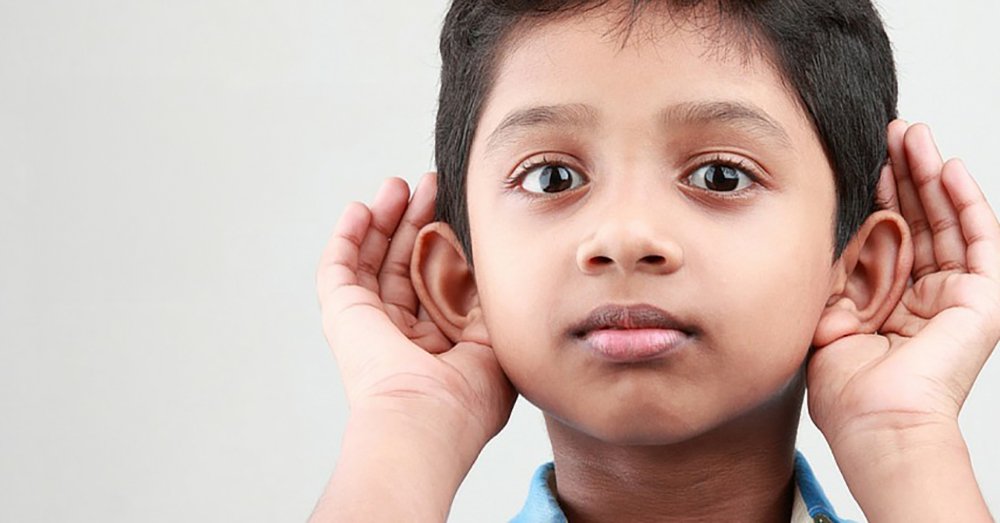
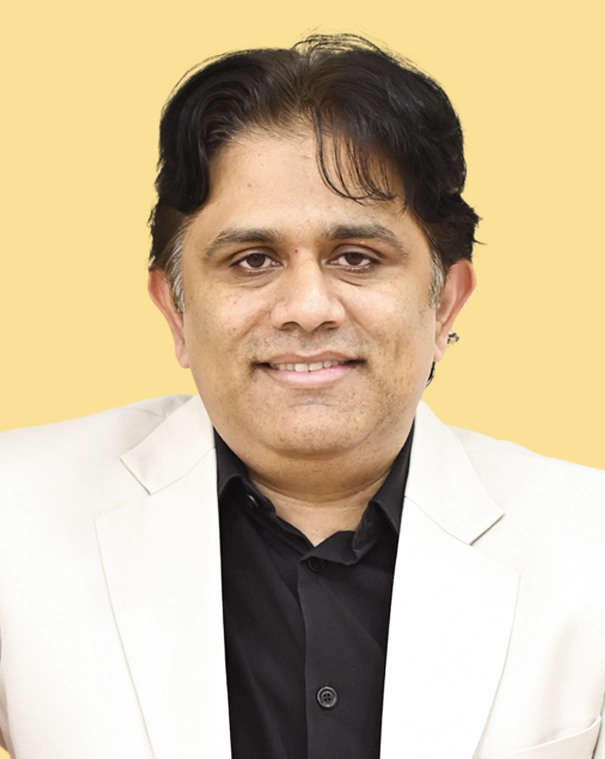


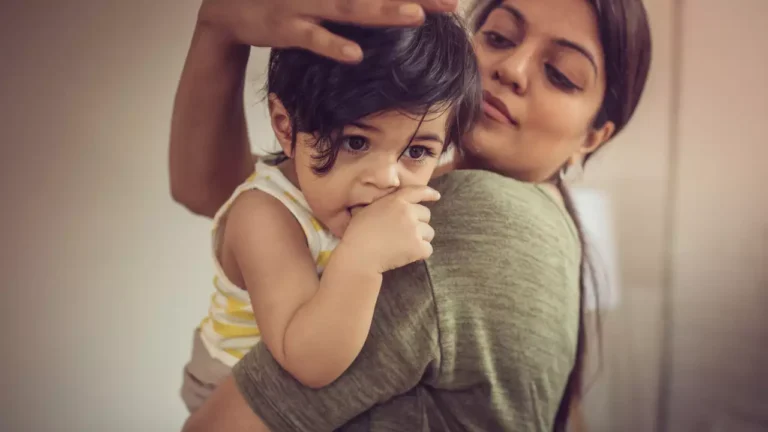
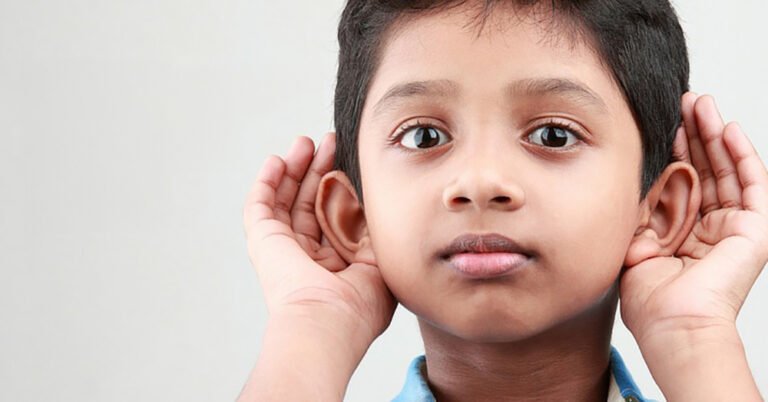
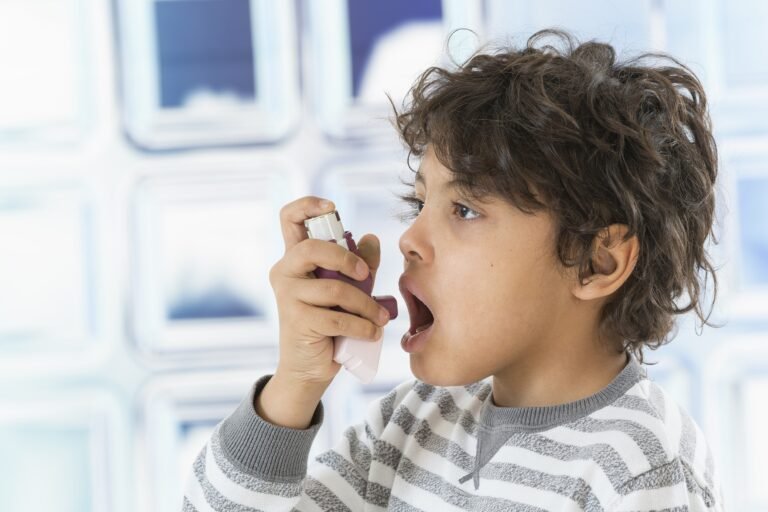
4 Comments
adamgordon
Good Blog!
cmsmasters
Thanks.
miaqueen
Thanks for sharing this information is useful for us.
cmsmasters
Always happy to be of service.